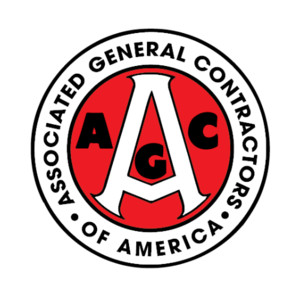AGC opposes the Washington carbon tax. Here’s why.
 If you haven’t yet seen them, supporters of Initiative 1631 are now gathering signatures to get their measure on the November ballot.
If you haven’t yet seen them, supporters of Initiative 1631 are now gathering signatures to get their measure on the November ballot.
I-1631 is a carbon tax, a cost incurred on those who use fossil fuels — a group that includes all of us — that would be the first tax of its kind accepted in the United States. Though supporters of the measure call it the “Protect Washington Act,” we believe it would do the opposite, which is why the AGC Board of Trustees has voted to oppose the tax for both the difficulties it promises for our members and in the precedent it sets for our democratic government.
Here’s how the tax would work. Costs would first be applied at $15 per ton of carbon emissions in 2020 before increasing by $2 every year beginning in 2021. Accounting for inflation, these taxes would get as high as $55 per ton by 2035. As a result of all this, the price of gas would initially increase by 15 cents per gallon. It would continue increasing as the tax goes up.
AGC has concerns about that and its effects on our industry. But we’re also troubled by its democratic implications. This initiative, if passed, would create an entirely new form of governance where special tax and fund processes run alongside existing government programs and agencies with little to no legislative oversight. As a result, these processes would instead be controlled by a new, unelected regulatory body comprised of appointees from non-government organizations, tribal governments, labor unions, and existing agency directors.
The business community would see little representation in any of this. All the while, sponsors of the initiative may be direct overseers and beneficiaries of the revenue, creating additional conflict-of-interest concerns.
If all that weren’t enough, decisions about spending the new revenue collected by the tax would be made with several “overlay criteria” requirements, including the existence of “community workforce agreements.”
You’ll note that’s a synonym for project labor agreements, or PLAs. Those are pre-hire collective bargaining agreements with labor groups that set the terms and conditions of employment for specific construction projects. These agreements grant to unions the bargaining rights to establish wage rates and benefits to everyone working on the project. If I-1631 is accepted as written, these PLAs would thereby be embedded for the first time in state statute.
AGC opposes these government-mandated and government-negotiated PLAs, as they disadvantage both open-shop and smaller firms from participating in projects that their taxes help to fund. That’s an outcome that’s neither fair nor productive for the Washington economy.
You can read more about our position, and how it stands up for our members, here.








